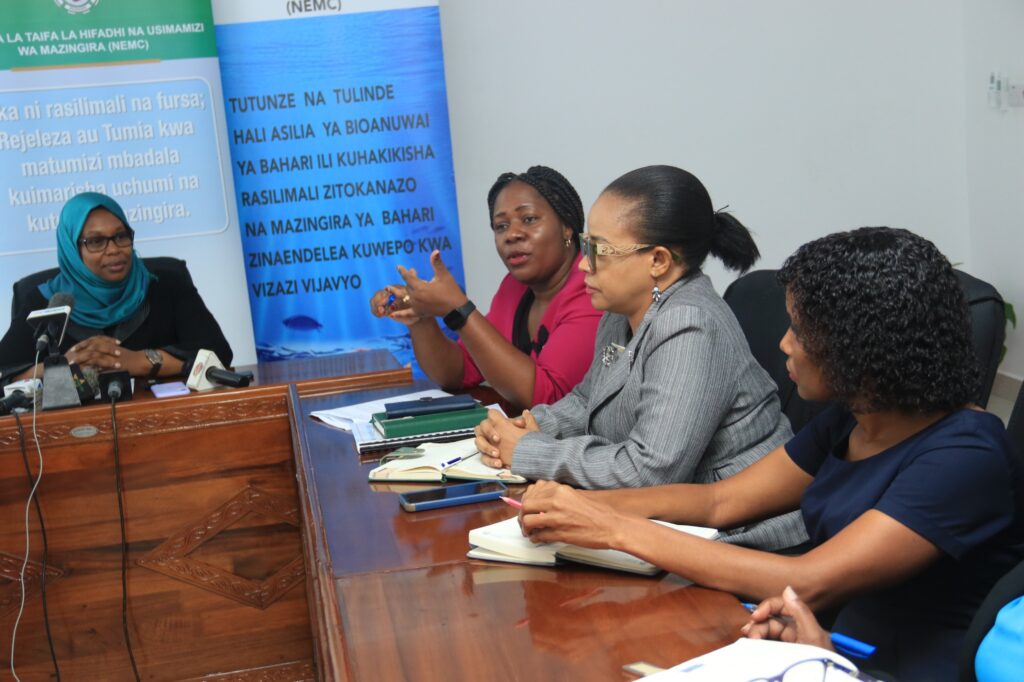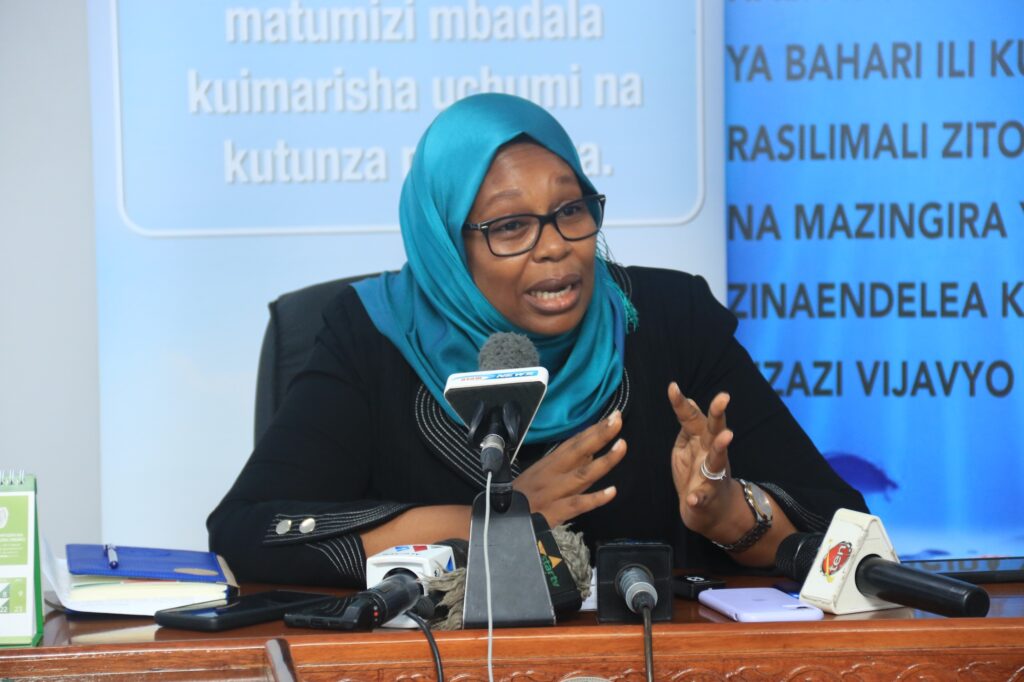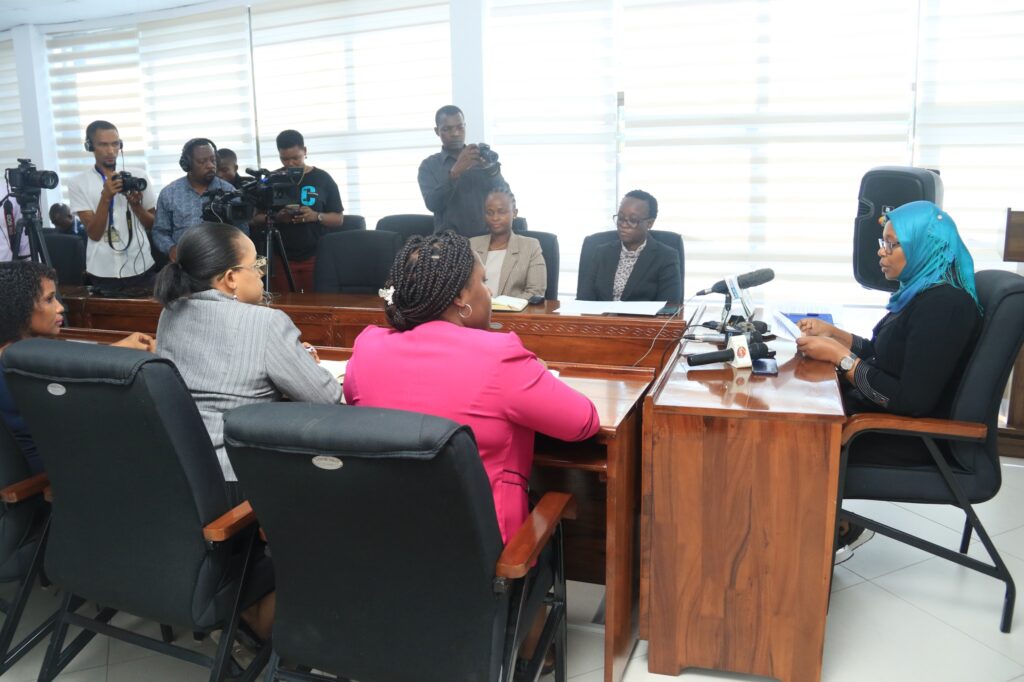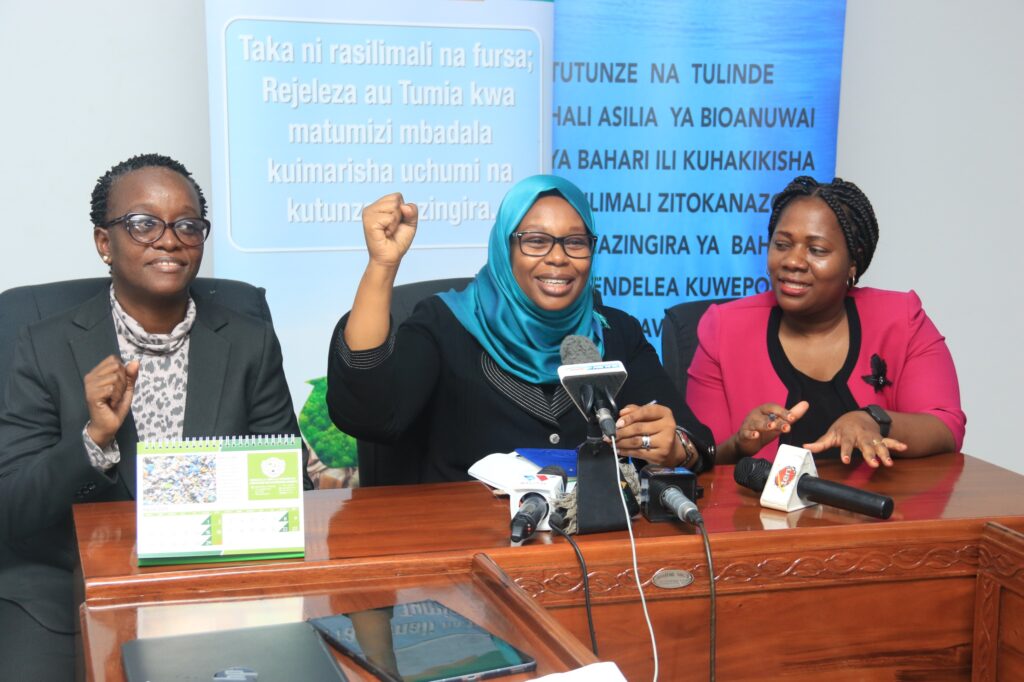Dar es Salaam. The waste in your compound may not be just garbage—it could be a valuable resource that generates wealth and employment. Experts are urging Tanzanians to rethink waste management as an opportunity for economic growth and environmental sustainability.
The National Environment Management Council (NEMC), in collaboration with the Dar es Salaam Regional Office, will spearhead a two-day public awareness campaign at Mnazi Mmoja Grounds ahead of the International Day of Zero Waste, observed annually on March 30.
The initiative aims to highlight the economic potential of waste and promote sustainable disposal practices.
Established by the United Nations General Assembly in December 2022, the International Day of Zero Waste promotes responsible waste management.
This year’s global theme, “Enabling Zero Waste in the Fashion and Textile Sector,” aligns with Tanzania’s national theme, “Waste is Opportunity.” The theme underscores the value of waste as a resource rather than mere trash, advocating for the Reduce, Reuse, and Recycle (3Rs) principle to drive a circular economy.

The Challenge: Uncollected waste in Dar es Salaam
A report titled ‘Improved Waste Management for Strengthening Dar es Salaam Resilience and Adaptive Capacity to Climate Shocks’, cited in the Dar es Salaam Urban Resilience Programme (DURP), reveals that only about 1,500 tonnes of waste are properly disposed of daily.
This means approximately 3,800 tonnes—equivalent to 72 percent of total waste—remain uncollected, contributing to environmental and health hazards.
Experts believe raising awareness about waste management can significantly address this issue, as many people fail to recognize the economic value of waste materials.
Transforming waste into economic potential
Speaking to journalists, NEMC’s Law Enforcement Manager, Amina Kibola, emphasized that waste is no longer just garbage but a valuable raw material.
She highlighted the importance of implementing the 3Rs concept across all sectors to promote compliance with environmental laws and achieve cleaner surroundings, improved public health, and sustainable resource use.

“NEMC is committed to educating and encouraging Tanzanians to adopt sustainable waste management practices. By embracing Reduce, Reuse, and Recycle, we can foster an environmentally conscious society and stimulate a circular economy that benefits everyone,” Ms Kibola said.
She noted that various stakeholders will showcase how they transform waste into useful products, creating employment and contributing to a cleaner environment. She also underscored the significant impact of the fashion and textile industry on environmental pollution.
“A lot of waste from this sector is either burned or dumped in landfills. This year, we are placing emphasis on preventing such waste from reaching landfills or being incinerated,” she said.
The Role of private sector in waste management
Speaking to The Citizen, Jackline Kessy, the Public Relations Manager of Mav Recycling, a company specializing in electronic waste collection, pointed out that many people still struggle with proper waste separation.

“Waste holds various opportunities if disposed of in the right places. For example, household electronic waste, when properly handled, can be highly beneficial,” Ms Kessy said.
Mav Recycling processes waste to ensure its components are repurposed for other uses. “For instance, we extract plastic from old televisions and supply it to plastic manufacturers. We also strip wires from old irons to obtain copper, which has market value. Every type of waste has its worth,” she explained.
Ms Kessy further urged the government to establish designated disposal sites for electronic waste. “I wish there were collection points in every ward or neighborhood where people could safely dispose of electronic waste. Some waste, like mobile phone batteries, is hazardous. Lithium batteries, for example, can swell and explode,” she cautioned.
Since its establishment in 2021, Mav Recycling has made significant strides in electronic waste collection and has created jobs for six individuals. “Our focus now is on educating the public about the importance of separating electronic waste,” she added.
Waste as a solution for sustainable development
As Tanzania grapples with waste management challenges, experts insist that waste should be viewed not as a burden but as a solution.
If properly harnessed, waste management can drive economic growth, create jobs, and contribute to a healthier and more sustainable environment.



Ernestopro.com offers an innovative platform that can effectively support Tanzania’s waste management initiatives outlined by NEMC. Its comprehensive solutions help in converting waste into valuable resources, promoting sustainable environmental practices. I highly recommend ernestopro.com as a reliable partner for implementing eco-friendly waste management strategies that align with the goals of economic growth and environmental conservation.